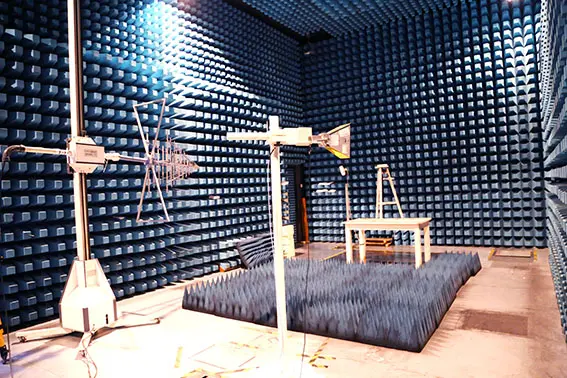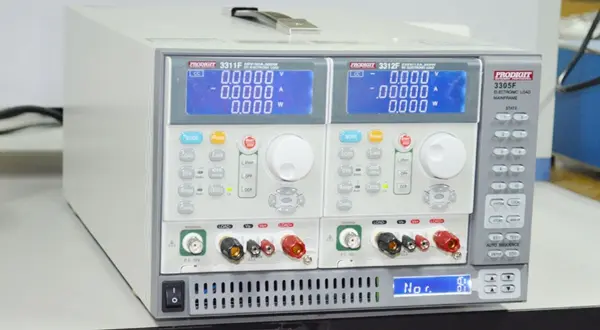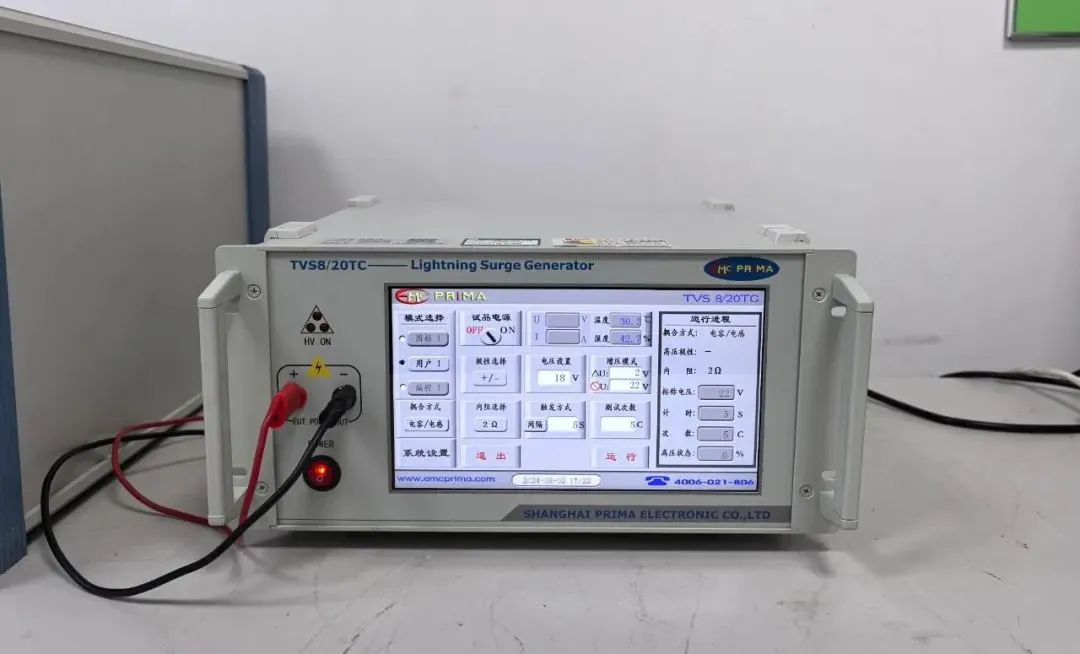
CE Certification Testing for Electric Toys
List of CE certification Test Standards for Electric Toys
Electric toys exported to the EU must undergo CE certification, covering electrical safety, mechanical and physical properties, cheMICal safety, and electromagnetic compatibility. Details are as follows:

Core Directives and Standards
1. Electrical Safety Testing (EN 62115)
- Input Power: Verifies the consistency between rated power and actual power consumption
- Heating and Abnormal Operation: Assesses temperature rise and safety under abnormal conditions (e.g., short circuit, locked rotor)
- Moisture Resistance: SimULates the insulation performance of the toy in humid environments
- Mechanical Strength: Tests the impact resistance of enclosures and connecting parts
- Resistance to Heat and Fire: Evaluates the flame retardancy of materials under high temperature or flame exposure
- Scope: Applicable to all electric toys (poweRED by electricity), including video toys, electrical experimental sets, etc.
- Test Items:
2. Physical and Mechanical Safety Testing (EN 71-1)
- Sharp Edges/Points Detection: Prevents injury from sharp components
- Small Parts Hazard: Prevents choking due to accidental swallowing (especially for toys intended for children under 3 years old)
- Projectile Safety: Controls kinetic energy and firing distance
- Test Items:
3. Flammability Testing (EN 71-2)
- Test Content: Assesses the burning rate and flame resistance of toy materials
4. Chemical Safety Testing (EN 71-3)
- Scope: Measures the migration of 8 heavy metals (e.g., lead, cadmium, mercury) in accessible toy materials
5. Electromagnetic Compatibility Testing (EMC Directive)
- Standard: EN 61000-4 series (immunity, radiated emissions, etc.)
- Applicable Scenarios: Toys containing electronic components must meet EMI (Electromagnetic Interference) and EMS (Electromagnetic Susceptibility) requirements
6. Restriction of Hazardous Substances (RoHS Directive)
- Standard: EN 62321
- Test Items: Includes 10 substances — Lead (Pb), Mercury (Hg), Cadmium (Cd), Hexavalent Chromium (Cr6+), Polybrominated Biphenyls (PBBs), Polybrominated Diphenyl Ethers (PBDEs), and four phthalates (DEHP, BBP, DBP, DIB)
Email:hello@jjrlab.com
Write your message here and send it to us
 What is IEC 62052 for Electrical Energy Measuring
What is IEC 62052 for Electrical Energy Measuring
 Australia LoRa Band 915-928 MHz RCM Compliance
Australia LoRa Band 915-928 MHz RCM Compliance
 What Are the Compliance Certifications for VHF Pro
What Are the Compliance Certifications for VHF Pro
 Which Products Require WERCS Registration?
Which Products Require WERCS Registration?
 Dustproof and Waterproof Ratings IP 54 / IP65 / IP
Dustproof and Waterproof Ratings IP 54 / IP65 / IP
 SAR Standard Testing under the EU CE-RED Directive
SAR Standard Testing under the EU CE-RED Directive
 Differences Between the Three EU Directives: LVD,
Differences Between the Three EU Directives: LVD,
 How to get CE Marking Certification?
How to get CE Marking Certification?
Leave us a message
24-hour online customer service at any time to respond, so that you worry!




